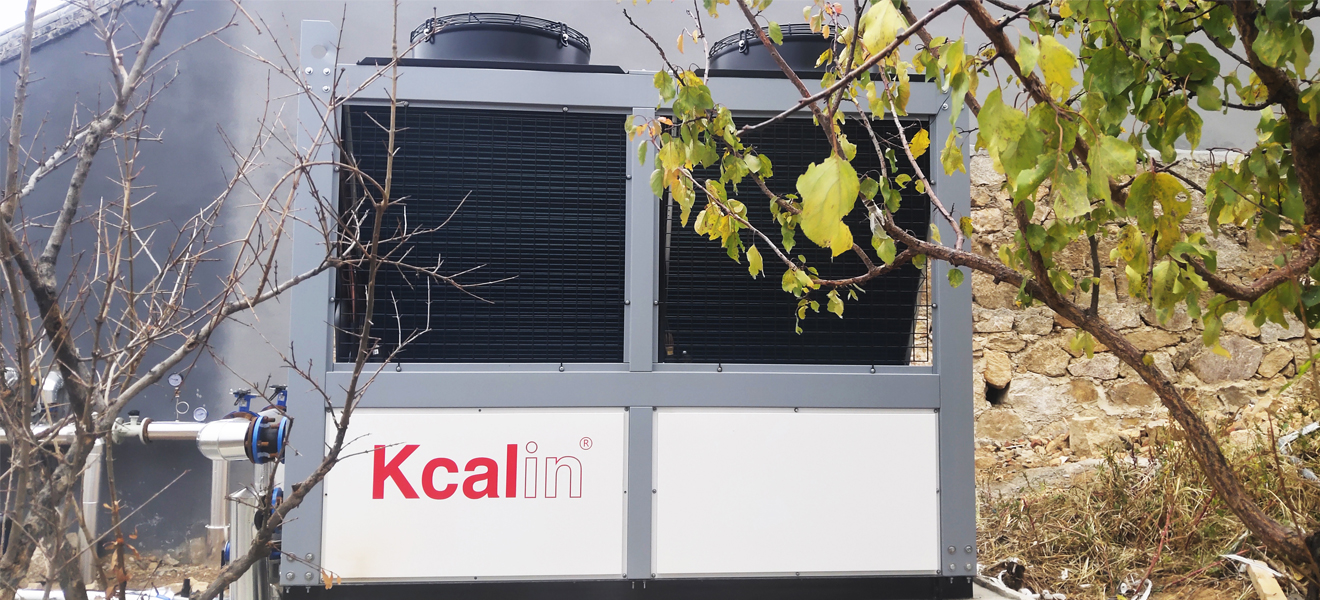In the breeding farm, in order to provide a suitable temperature environment, it is essential to select an efficient and reliable Space heater. As a heating device, air source heat pumps have many advantages and can meet the heating needs of aquaculture farms.
Air source heat pump is a device that utilizes the heat energy in the air for heating. It absorbs heat from the air, undergoes refrigerant circulation and compression, elevates low-temperature heat energy into high-temperature heat energy, and transports warm air to the breeding farm. Air source heat pumps have the following characteristics:
Efficient and energy-saving: Air source heat pumps recover heat energy from the air for heating, which can save a lot of energy consumption compared to traditional heating methods. According to the actual data, the energy efficiency ratio (COP) of the air source heat pump is usually between 3 and 4, that is, every unit of electric energy consumed can produce 3 to 4 units of heat energy, and the energy-saving effect is good.
Environmental protection and low-carbon: Air source heat pumps do not use fossil fuels, do not generate smoke and exhaust emissions, are environmentally friendly, and reduce air pollution and greenhouse gas emissions. As an industry that focuses on environmental protection, choosing air source heat pumps for aquaculture farms can be in line with the concept of sustainable development.
Versatility: In addition to heating, air source heat pumps can also provide hot water and cooling functions. This enables the breeding farm to flexibly adjust temperature in different seasons and needs, providing comprehensive support for breeding activities.
Advantages of air source heat pumps for aquaculture farms

Temperature stability: Air source heat pumps can provide stable temperature control, ensuring that the temperature inside the breeding farm is within an appropriate range. This is crucial for many aquaculture industries, as changes in temperature may have negative impacts on animal health and growth.
Cost saving: Air source heat pumps can reduce energy consumption and operating costs compared to traditional gas boilers or electric heaters. Farm operators can achieve energy conservation and consumption reduction by choosing air source heat pumps, reduce breeding costs, and improve economic benefits.
Flexibility and scalability: Air source heat pumps can be customized and expanded according to the needs of aquaculture farms. Whether it is a small or large aquaculture farm, air source heat pumps can be reasonably configured and installed according to needs to meet the heating needs of different scales and requirements of aquaculture farms.
Key points for selecting a suitable air source heat pump
Select appropriate capacity based on the scale of the farm: Determine the capacity of the air source heat pump based on the area of the farm, the number of animals, and the areas that require heating. Ensure that the selected heat pump can meet the heating needs of the breeding farm and provide stable heating effects.
Considering environmental adaptability: The climate conditions in Xinjiang region are special, cold and dry. Therefore, it is recommended to choose an air source heat pump that is suitable for the local climate conditions to ensure efficient operation at low temperatures and provide warm air for breeding sites.
Air source heat pumps can not only meet the heating needs of aquaculture farms, but also provide hot water and cooling functions to adapt to different seasons and changes in demand. Their efficient and energy-saving characteristics can reduce energy consumption and operating costs, and improve the economic benefits of aquaculture farms. Moreover, the environmentally friendly and low-carbon characteristics of air source heat pumps meet the requirements of modern aquaculture for environmental protection, which helps to create a green and sustainable aquaculture model.







Comment